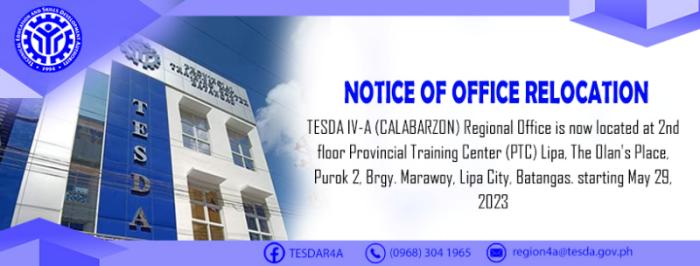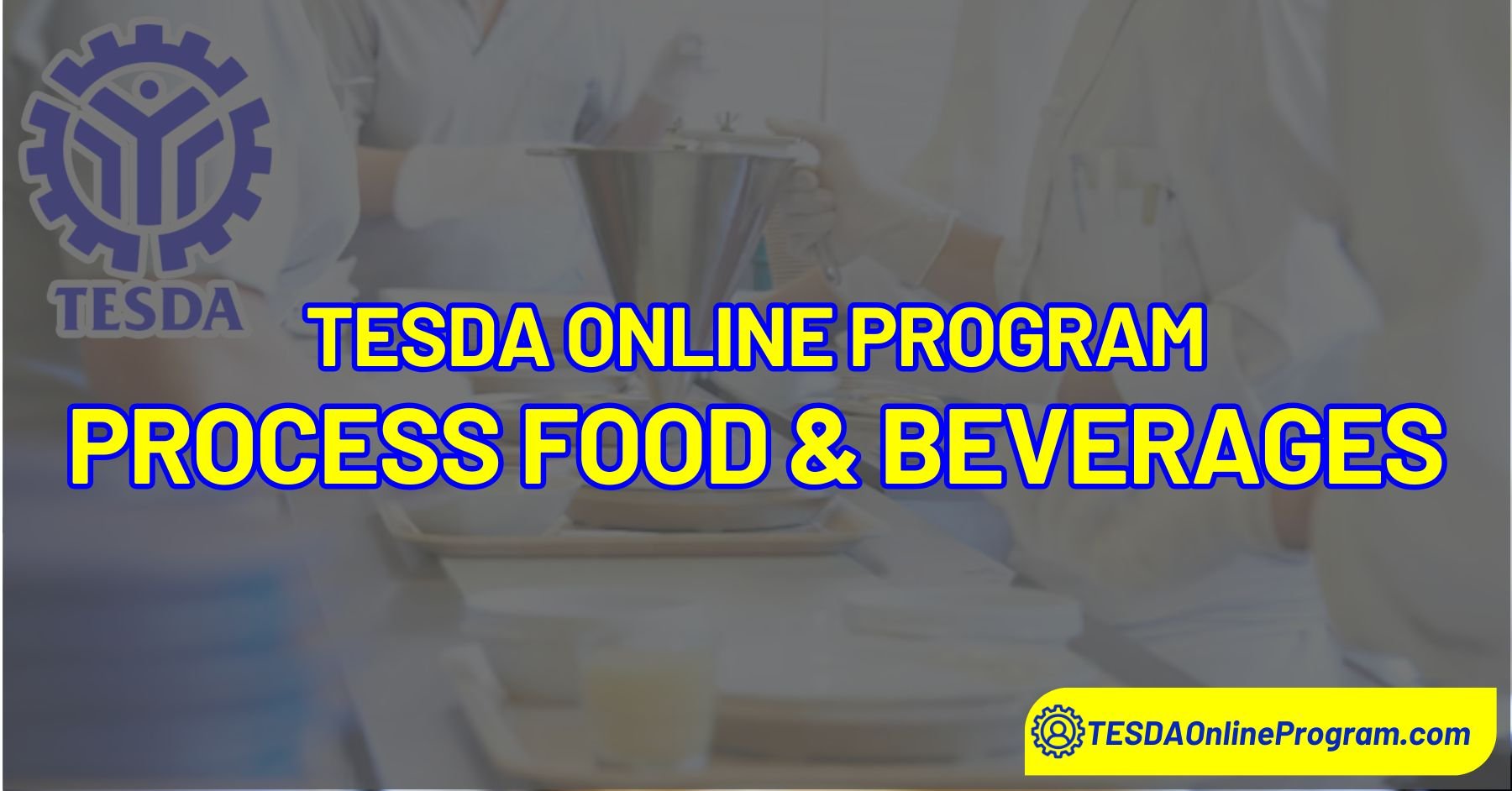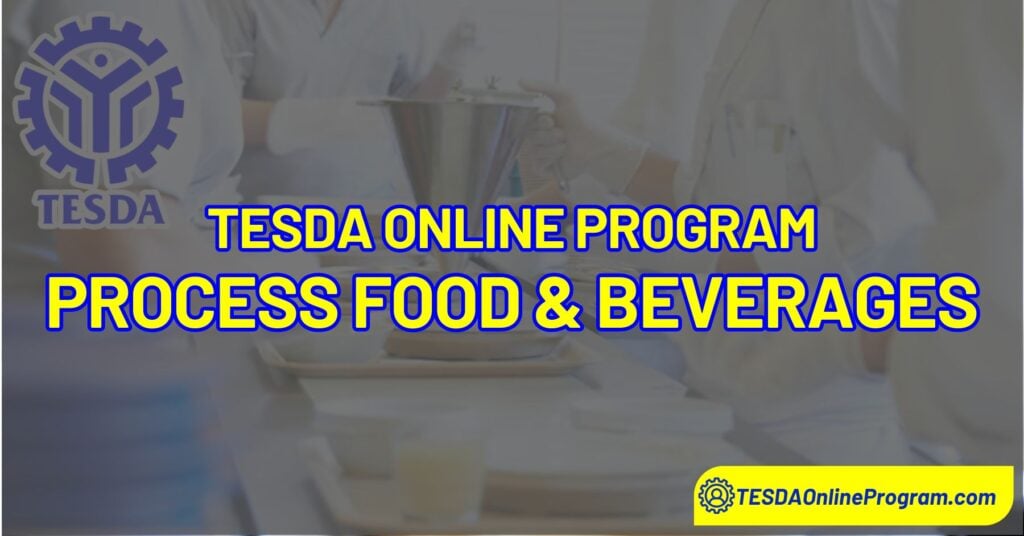TESDA Region 4A is one of the agency’s regional offices, which are situated across the Philippines. Its office is located in Lipa City, Batangas, with their official Facebook page, “TESDA Region IV-A.”
The office serves Filipinos based in the provinces of Cavite, Laguna, Batangas, Rizal, and Quezon, a.k.a. the “CALABARZON” Region. It offers technical and vocational training programs, language courses, scholarships, and other services.

Cities/Provinces Under TESDA Region 4A
As mentioned earlier, TESDA Region 4A covers the CALABARZON Region, which is made up of Cavite, Laguna, Batangas, Rizal, and Quezon Provinces. This includes cities such as Santa Rosa, Calamba, Batangas City, Antipolo, and Lucena, to name a few.
The TESDA Region 4A – Regional Office is situated in Lipa City, Batangas. Moreover, there are Provincial Offices in these locations: Batangas City, Batangas; Trece Martirez City, Cavite; Calauan, Laguna; Lucena City, Quezon; and Taytay, Rizal.
Programs and Services
The office provides Technical Vocational Education and Training (TVET) programs through four training modalities: enterprise-based, school-based, center-based, and community-based.
Enterprise Based Programs
These programs are carried out within enterprises (i.e. companies or firms). These include three main types: Apprenticeship Program, Learnership Program, and Dual Training System.
Spanning a period of four to six (4-6) months, Apprenticeship is a training and employment programs that involves a contract between an employer and his/her apprentice. Meanwhile, the Learnership Program is an on-the-job training (OJT) program, which typically lasts for three (3) months or less.
As for the Dual Training System, this involves the conduct of technology-based education and training. It is held in two venues: the company/firm, and the school/training center.
School Based Programs
TESDA’s school-based programs are implemented in partner schools. These programs include post-secondary courses that usually don’t exceed three (3) years.
In Region 4A, TESDA’s partner schools and institutions are:
- Bondoc Peninsula Technological Institute (BPTI) in San Narciso, Quezon;
- Jacobo Z. Gonzales Memorial School of Arts and Trades (JZGMSAT) in Biñan, Laguna; and
- Quezon National Agricultural School (QNAS) in Pagbilao, Quezon.
Center Based Programs
Like other regional offices, TESDA Region 4A has both Regional and Provincial Training Centers where many TVET programs are conducted. Here’s a list of TESDA’s training centers in CALABARZON:
Regional Training Center
- Regional Training Center- CALABARZON, Batangas City
Provincial Training Centers
- Binangonan, Rizal
- Cainta, Rizal
- Taytay, Rizal
- Calauan, Laguna
- Lipa City, Batangas
- Damariñas City, Cavite
- Rosario, Cavite
- San Antonio, Quezon
Community Based Programs
For the poor, marginalized, and vulnerable sectors, TESDA provides community-based programs, especially to those who cannot afford or are not able to access formal training programs.
Community-based programs not only offer training, but also the opportunity to establish livelihood enterprises that will be operated by the learners themselves. In addition, these programs involve the participation of local government units (LGUs), non-government organizations (NGOs), and other partners in the communities.
Language Skills Institutes
For those who are planning to work abroad, TESDA offers language as well as workplace communication courses through its Language Skills Institutes (LSIs) situated around the country. At present, these institutes provide courses in English, Japanese, Mandarin, Korean, Italian, and Spanish.
In Region 4A, the following LSIs offer several language courses:
- TESDA LSI – Jacobo Z. Gonzales Memorial School of Arts and Trades (JZGMSAT) in Biñan, Laguna; and
- TESDA LSI – Regional Training Center, Batangas.

List of TESDA Courses in Region 4A
TESDA Region 4A offers courses in various sectors, including electronics, food and beverage services, agriculture, hospitality, computer technology, entrepreneurship, construction, tourism, and many more!
Here are some of the courses offered in the training centers and partner schools/institutions of TESDA Region 4A:
- Agroentrepreneurship NC II
- Automotive Servicing NC I
- Automotive Servicing NC II
- Automotive Servicing NC III
- Bookkeeping NC III
- Construction Painting NC II
- Contact Tracing Level II
- Dressmaking NC II
- Driving NC II
- Electrical Installation and Maintenance NC II
- Electrical Installation and Maintenance NC III
- Electronic Products Assembly and Servicing NC II
- English Language
- Flux Cored Arc Welding NC I
- Flux Cored Arc Welding NC II
- Gas Metal Arc Welding NC II
- Gas Tungsten Arc Welding NC II
- Hilot (Wellness Massage) NC II
- Industrial Sewing Machine Operation
- Italian Language and Culture
- Japanese Language and Culture
- Korean Language and Culture
- Masonry NC II
- Mechatronics Servicing NC II
- Motorcycle/Small Engine Servicing NC II
- Organic Agriculture Production NC II
- Pipefitting NC II
- PV Systems Installation and Maintenance NC II
- Refrigeration and Airconditioning Servicing NC II
- Shielded Metal Arc Welding NC II
- Spanish Language
- Trainers Methodology Level I
Assessment and Certification
When a TESDA learner finishes a course, a competency assessor evaluates his/her skills in TESDA’s accredited assessment centers. Upon passing the evaluation, he/she becomes certified and gets included in the agency’s Registry of Certified Workers — a pool of certified workers for various jobs in the country.
The assessment and certification system administered by TESDA is known as the Philippine TVET Competency Assessment and Certification System (PTCACS).
How to Apply for Jobs in TESDA Region 4A
Meanwhile, if you are interested in working for TESDA, take note of the following steps as guide:
- Head to the Careers page on the TESDA website.
- Enter your preferred position, item number (if available), and/or office location (e.g. Region 4A) on the search box, then tap “search.”
- Your search results will be displayed onscreen. Select “details” on a result for more information about a job vacancy.
- The screen will display the item number, position, office location, salary, job description, qualification, and the required documents.
- To apply, upload the required documents through the link stated on the webpage.
- Wait for the TESDA office to contact you for further instructions regarding your job application.
Contact Information: TESDA Region 4A
For more information about TESDA Region 4A, its programs, and services — you can get in touch with their office through these contact details:
Address: 2nd floor Provincial Training Center (PTC) Lipa, The Olan’s Place, Purok 2, Brgy. Marawoy, Lipa City, Philippines
Telephone: (043) 233 0506
Email: region4a@tesda.gov.ph
Website: https://www.tesda.gov.ph/
Facebook: https://web.facebook.com/tesdaR4A/
Google Map Location:
Provincial Offices Under TESDA Region 4A
Meanwhile, here are the contact details of TESDA’s Provincial Offices in the CALABARZON Region:
TESDA Provincial Office – Batangas
Address: P. Herrera St., Batangas City, Batangas
Telephone: (043) 702-5604 / (0917) 140-8027
Email: region4A.batangas@tesda.gov.ph
Google Map Location:
TESDA Provincial Office – Cavite
Address: Cavite Provincial Office Provincial Capitol Compound, Trece Martirez City, Cavite
Telephone: TF (046) 419-2421 / TF (046) 419-0228 / TF (046) 419-2646
Email: region4A.cavite@tesda.gov.ph
Google Map Location:
TESDA Provincial Office – Laguna
Address: Brgy. Bangyas, Calauan, Laguna
Telephone: (049) 543-6494
Email: region4A.laguna@tesda.gov.ph
Google Map Location:
TESDA Provincial Office – Quezon
Address: 2nd Floor Lucena Grand Terminal, Lucena City
Telephone: (0939) 726-7369 / (0920) 768-3084 / (0943) 071-2871 / (0945) 669-4929
Email: region4A.quezon@tesda.gov.ph
Google Map Location:
TESDA Provincial Office – Rizal
Address: Don Hilario Ave., Club Manila East Compound, San Juan, Taytay, Rizal
Telephone: TF 286-6141 / TF 286-6142
Email: region4A.rizal@tesda.gov.ph
Facebook: https://web.facebook.com/TESDARizalProvincialOffice/
Google Map Location:
Speaking of overseas, many Filipinos undergo TESDA training before applying for jobs outside the country. Check out this article to learn about the best TESDA courses for finding work abroad.








